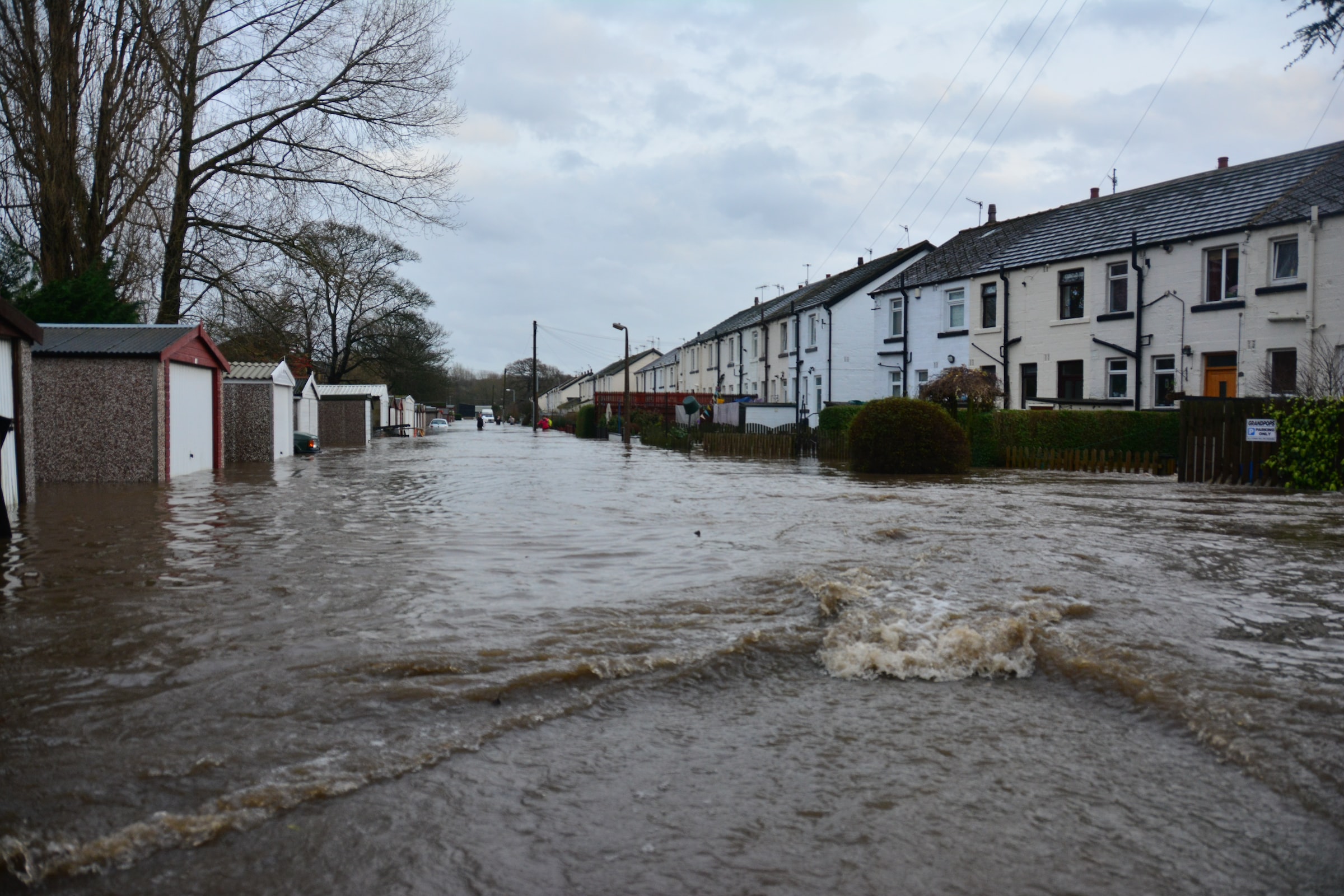Scaling up Sustainable Drainage Systems: The Benefit for UK Housing

The UK Government has announced a new policy which will see new developments and the environment benefit from a reduced risk of flooding and pollution. Why is it so important that new developments incorporate sustainable drainage systems?
Sustainable drainage systems can contribute to sustainable development and improve residents’ lives by balancing the different opportunities and challenges that influence the urban design and the development of communities.
Considered to be environmentally beneficial, causing minimal or no long-term detrimental damage, sustainable drainage systems are often regarded as a sequence of management practices, control structures and strategies designed to efficiently and sustainability drain surface water.
Reducing The Impact Of Rainfall On New Developments Is Essential
Deciding to make sustainable drainage systems mandatory for new developments in England is the result of the UK Government’s review published on 10 January. This will reduce the risk of surface water flooding and pollution and help alleviate the pressures of traditional drainage and sewerage systems.
New developments can inadvertently add to surface and sewer flood risk by covering permeable surfaces like grassland and soil that would otherwise assist in dealing with heavy rainfall.
The government explained that the new approach to drainage will ensure sustainable drainage systems are designed to reduce the impact of rainfall on new developments by using features such as soakaways, grassed areas, porous surfaces and wetlands. Sustainable drainage systems will help reduce the overall amount of water in the sewers and storm overflow discharges.
Following the publication of the review, regulations and processes for creating sustainable drainage systems at new developments will now be devised through the implementation of Schedule 3 of the Flood and Water Management Act 2010. Implementation of the new approach is expected during 2024.
Sustainable Drainage Systems Are Needed To Tackle Climate Change
Environment Minister Rebecca Pow expressed that taking a more practical approach to sustainable drainage systems is essential to helping tackle climate change and our current housing crisis: “Our traditional drainage systems are under increasing pressure from the effects of climate change, urbanisation and a growing population.
“The benefits of sustainable drainage systems are many – from mitigating flood risk by catching and storing surplus water and reducing storm overflow discharges to enhancing local nature in the heart of our developments and helping harvest valuable rainwater.”
Taking a more consistent and effective approach to sustainable drainage systems will improve the resilience of our drainage and sewer infrastructure, while reaping these broader benefits.
Schedule 3 provides a framework for the approval and adoption of drainage systems, a sustainable drainage system approving body within unitary and county councils, and national standards on the design, construction, operation, and maintenance of sustainable drainage systems for the lifetime of the development. In addition, it also makes the right to connect surface water runoff to public sewers conditional upon the drainage system being approved before any construction work can start.
Now, the UK Government will consider how Schedule 3 will be implemented, subject to final decisions on scope, threshold and process, while also being mindful of the cumulative impact of new regulatory burdens on the development sector. This will include a public consultation later this year to collect views on the impact assessment, national standards and statutory instruments.

